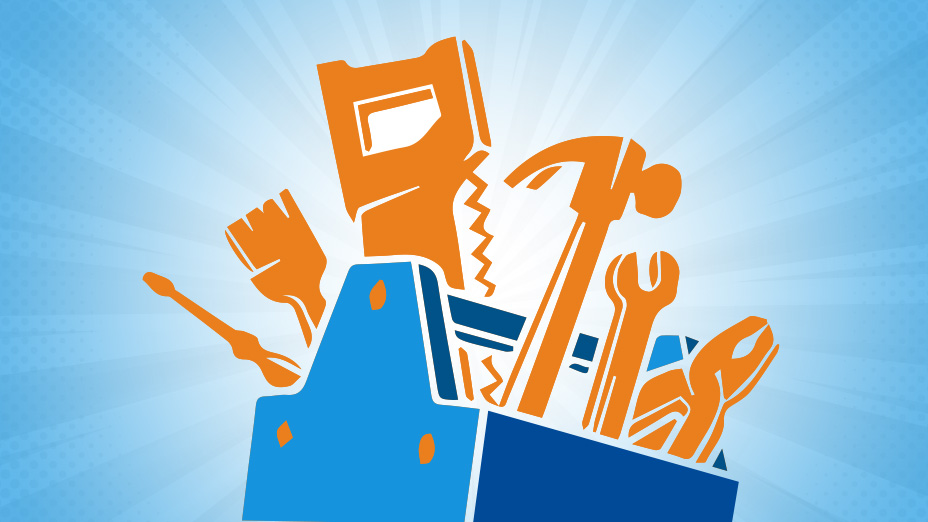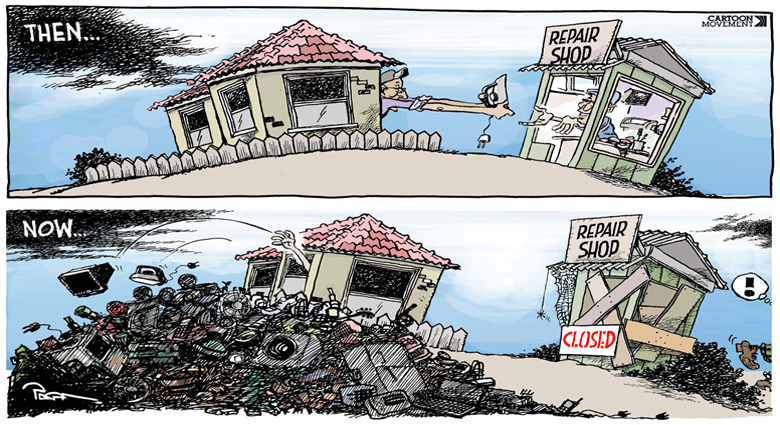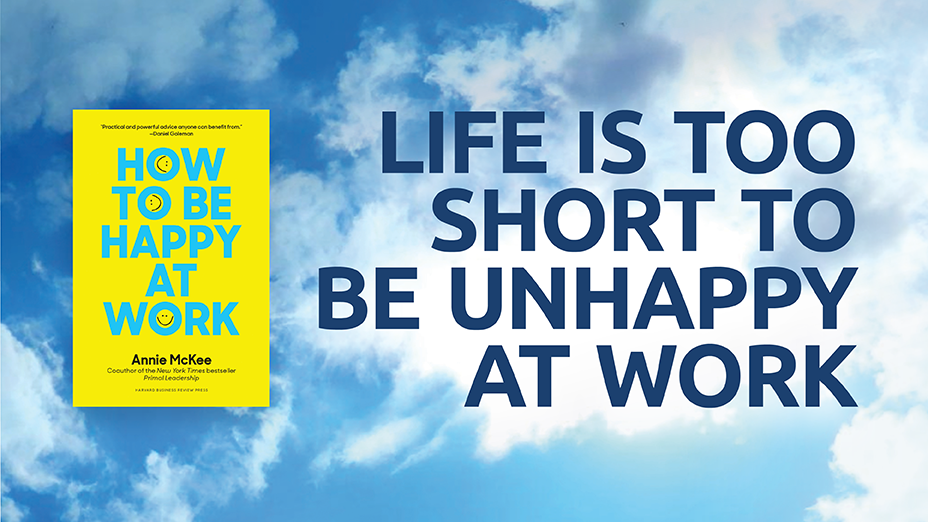We are complex beings. We are feeling-factories who entertain over 65,000 thoughts per day. It takes a herculean effort to balance our emotional lives when we also factor in impulses, urges, drives, lived experiences, pressures, a boss, with a side of occupational loneliness while also celebrating our familial roles, pets, oh and getting ready for the spring holidays! And yet, we still strive for a clean house too.
1. AFTER-ACTION-REPORT
Honour and recognize not only what you’ve gone through but what you have grown through. List the things you’ve discovered and learned about yourself these last 2 years. Celebrate it all.
2. SMALL WINS
Simply start where you can. I sur- rendered my need for a clean house to a clean kitchen, and it has done wonders! Who says this needs to look or be done this way? Challenge the belief that ev- erything needs to be in order and perfect. Hold standards, not ideals.
3. ASK FOR HELP
There is no shame in asking for help when the weight of your world cannot be supported with your two hands. It may be hard to receive when we are in a constant state of doing and giving. Some may feel like it is easier just to do it yourself than explain to someone how to help. Pick your priorities and let the other things be good enough for now. There will be no ribbons for those who learned how to make sourdough bread, won Wordle, or Marie Kondo’d their closets. We need regulated people, not perfection.
4. TAKE MICRO-BREAKS
There is no one coming to res- cue us. We also don’t need saving. We need 5 minutes in solitude to drink a hot coffee or time to listen to a great podcast that helps name what we feel and inspires us to keep going. Take 5 when and wherever you can. Model- ling this for our children is a second- ary bonus. Show them by your actions, not your words, had to self-regulate.
5. HOLD EMPATHY FOR YOURSELF AS YOU WOULD FOR OTHERS
Please share that with yourself as you show kindness and gratitude for others. By showing empathy and compassion for ourselves, it can then flow onto oth- ers. You are entitled to a bad day. That doesn’t make you an ungrateful person. Remember, it doesn’t matter if you are drowning in 2 feet of water, or 10 feet of water, you still need to come up for air. Your life depends on it.
6. RECOGNIZE DUAL TRUTHS
You can love your life and need to cry. You can love your job and fantasize about owning an animal sanctuary. You can love your family and need time alone. Living in the extremes is small real-estate, there is much more room in the middle!
7. HONOUR ALL THE BEHAVIOURS!
Even those maladaptive behaviours that are helping you cope; Thank you Net- flix, rompers, pets, chocolate, venting sessions with that dear friend and Ted Lasso. Every behaviour serves a purpose. You do not have to fix anything or every- thing today or ever. You don’t have to grow, heal, and achieve every second of your life. There is a remarkable change when we show grace and perhaps a wee bit of mercy for ourselves.
8. GO FOR THE ONE THING EVERYDAY
Choose one thing to do, per day, that makes you feel like you are living your values and then make this non-nego- tiable. Maybe it is reading a story to a child, or supporting local businesses, or taking your dog for a walk, or sending a thank you email. Each day make sure that ONE thing is getting done. Often our value-based behaviours fall to the bottom of the never-ending list.
9. RECOGNIZE THE LIMITS OF OUR BIOLOGY
The function of our nervous system is to keep us alive, not happy. We need to purposely create moments of joy, ease, and pleasure. While feelings of anxiety, fear and avoidance are automatic, add- ing good feelings take more effort. To hold hope is a skill. Look for precious moments in a noisy world.
10. MAKE WHAT MATTERS MOST, MATTER MOST, UNAPOLOGETICALLY
We are replaceable in most of our profes- sional roles. Invest in the roles in your life where you are irreplaceable. Don’t miss the phone call with a loved one or that basketball game or cheer competition. Show up. When all else fails show up for your loved ones and yourself.
You may have also brought a fruit roll-up to this knife fight, but thankfully we are using our words, and it looks like we are going to walk away from this alive! You are here. You have the right to be well and feel good. Consider this your permission slip to feel well even in challenging seasons. As we work towards improving systems and re-imagining our professional roles, we can also look after ourselves, for our own benefit. This isn’t selfish, its science. When you feel better, you do better. You are your decisions, not your conditions. Make the decision to be well in this unwell world as we co-create a better future for all.





.png)




What Did You Think?